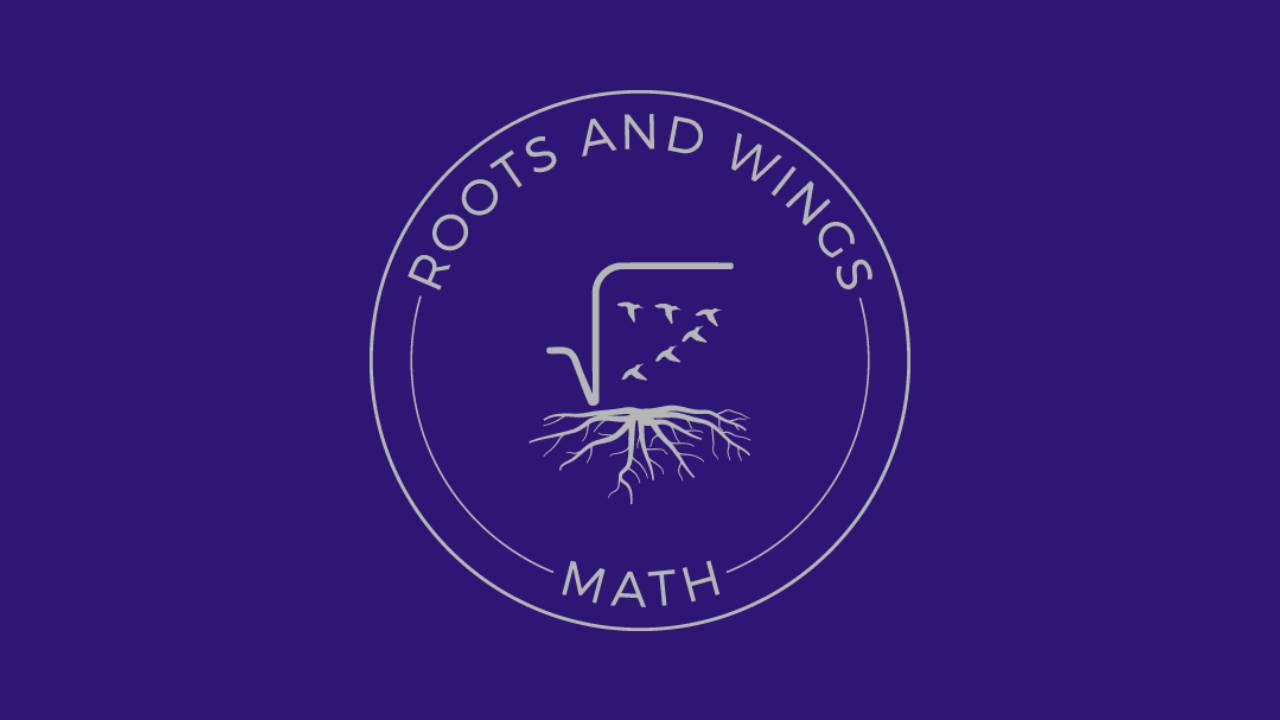
Overcoming "I'm Not a Math Person"
Dec 18, 2024Everyone has a math story. What is yours? Are there memories that come to mind?
Negative math experiences and math anxiety are a reality for a significant portion of the population. While these challenges stem from deep-rooted systemic issues, many people internalize them as personal failures. This is even true for teachers - studies show that high rates of elementary school teachers report math anxiety, and that they attribute it largely to negative interactions with their own elementary and second mathematics teachers.
If this describes you, you may be worried about how you will be able to create a different, positive math experience for your child.
Even if you were fortunate enough to avoid forming a negative math identity, your child will frequently encounter casual remarks implying that some people “just aren’t math people”. I notice them all the time. Here are a few recent examples:
- On a podcast I was listening to, a highly successful lawyer did a mental calculation of 225 times 3 and ended by saying “That’s probably not right, I went to law school so I wouldn’t have to do math. I’m not very good at it.”
- I was rewatching an episode of Parks and Rec, and Leslie Knope, typically portrayed as brilliant and ambitious, confesses that she is bad at math.
- A special education professional I worked with shared some very low math scores with a student and her family, and said “it’s ok, I never understood math either, it’s really hard.”
These moments may seem small, but they reflect a larger cultural mindset that perpetuates a negative math identity, often starting in childhood.
Here is a simple way to start shaping positive math mindsets with your young children:
Avoid language that implies there are “math people” and “not math people.” For example, if you catch yourself saying “I was never good at math,” pause and reframe it as “This is really challenging for me.” If you hear someone else make a similar comment - any version of “I’m not a math person” - while your child is listening, take a moment to address it. You could say something like, “Everyone struggles sometimes - that's how we grow.” These small shifts in language help reinforce the idea that math ability grows with experience and effort.
We know that our young children can internalize societal messages and expectations early. I hope you come away from reading this with a new level of awareness when these messages arise, and feel empowered to shape your child’s path in a more positive direction.
Have you noticed any moments like this in your own life recently? What happened, what did you think, how did you respond?


